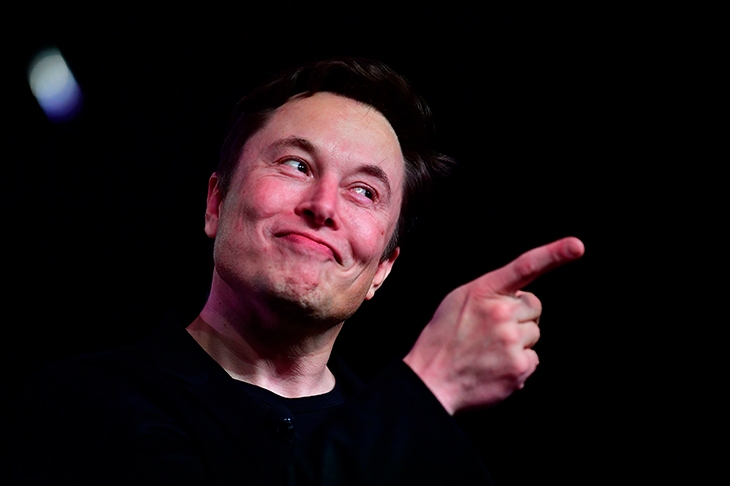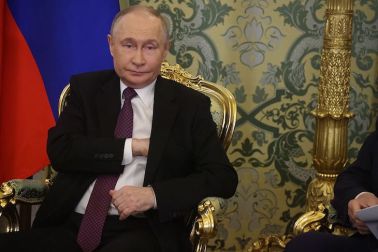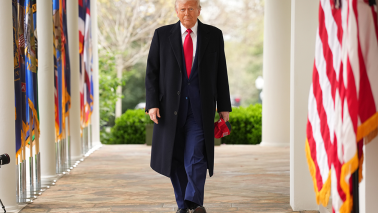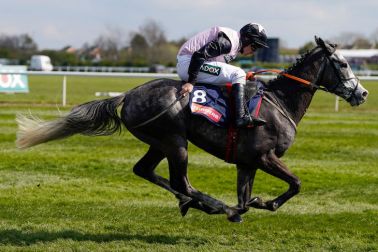This month’s most significant corporate deal attracted less attention than it might have done in normal times, crowded out by grim news elsewhere. It is the proposed £31 billion merger of O2 and Virgin Media to create a telecoms giant with 46 million customers. Following BT’s 2016 acquisition of the mobile operator EE, further ‘convergence’ in the sector had been expected, but the mid-lockdown timing was spun as a vote of confidence in the UK, described as ‘one of the most attractive markets on Earth’ by José María Alvarez–Pallete, chief executive of Telefónica of Spain, which owns O2.
Investment of £10 billion in the new group’s mobile, broadband and television platforms is promised over the next five years. But sceptics noted that both Telefónica and Virgin Media’s owner, Liberty Global of the US, will be taking cash out, while the venture starts life with £18 billion of debt — so there’s also an element of defensive financial engineering, not to say alchemy.
And we have yet to learn the name of the 50-50 venture that (unless competition regulators or a bidder such as Vodafone intervenes) will come into being next year. The O2 brand is strongly associated with entertainment; the Virgin name, retained under licence after the original Virgin Mobile business was sold to NTL Telewest in 2006, has carried connotations of being young, hip and mould-breaking ever since Richard Branson launched Virgin Records 50 years ago.
But now the unloved Virgin Trains have gone and the grounded Virgin Atlantic is on the brink. Pleas from Richard Branson for a taxpayer bailout provoke scornful references to his offshore fortune, while his offers to sell shares in his space venture and mortgage his private Caribbean island to raise emergency funding smack of desperation.









Comments
Join the debate for just £1 a month
Be part of the conversation with other Spectator readers by getting your first three months for £3.
UNLOCK ACCESS Just £1 a monthAlready a subscriber? Log in